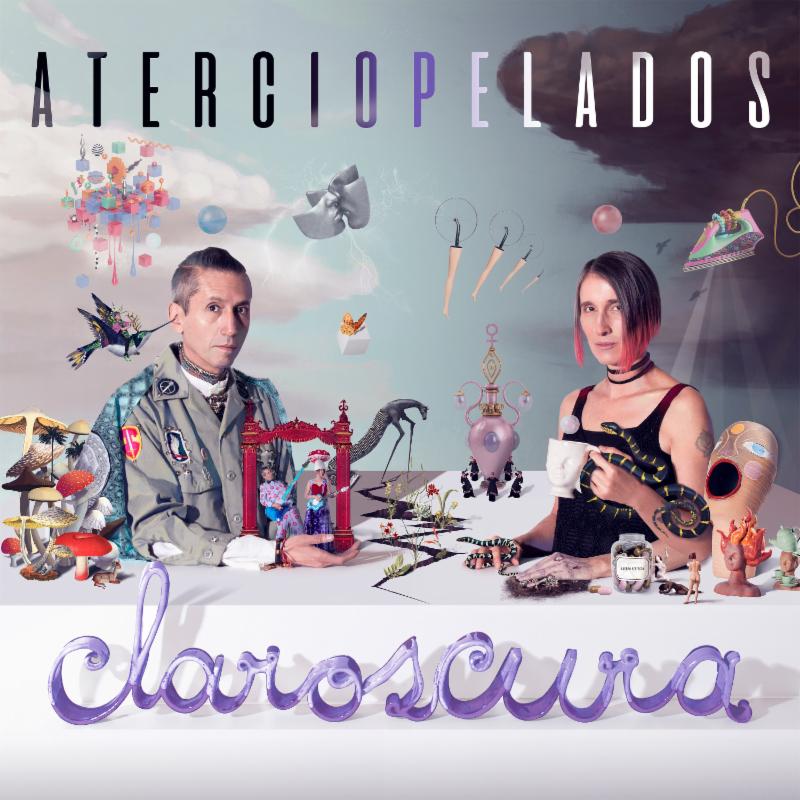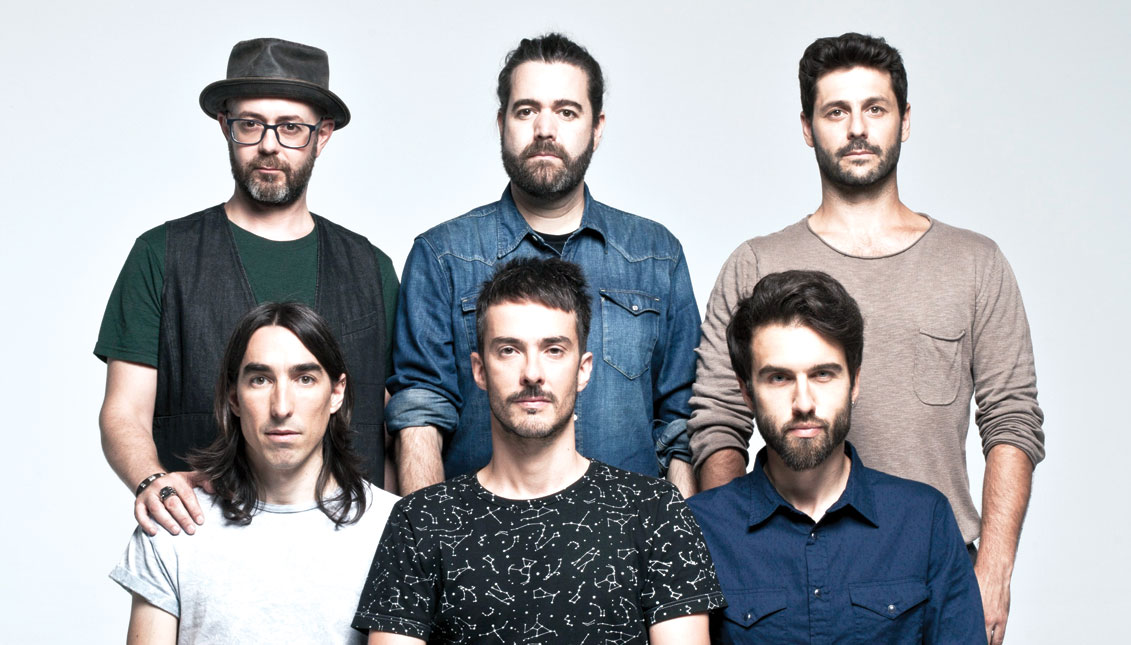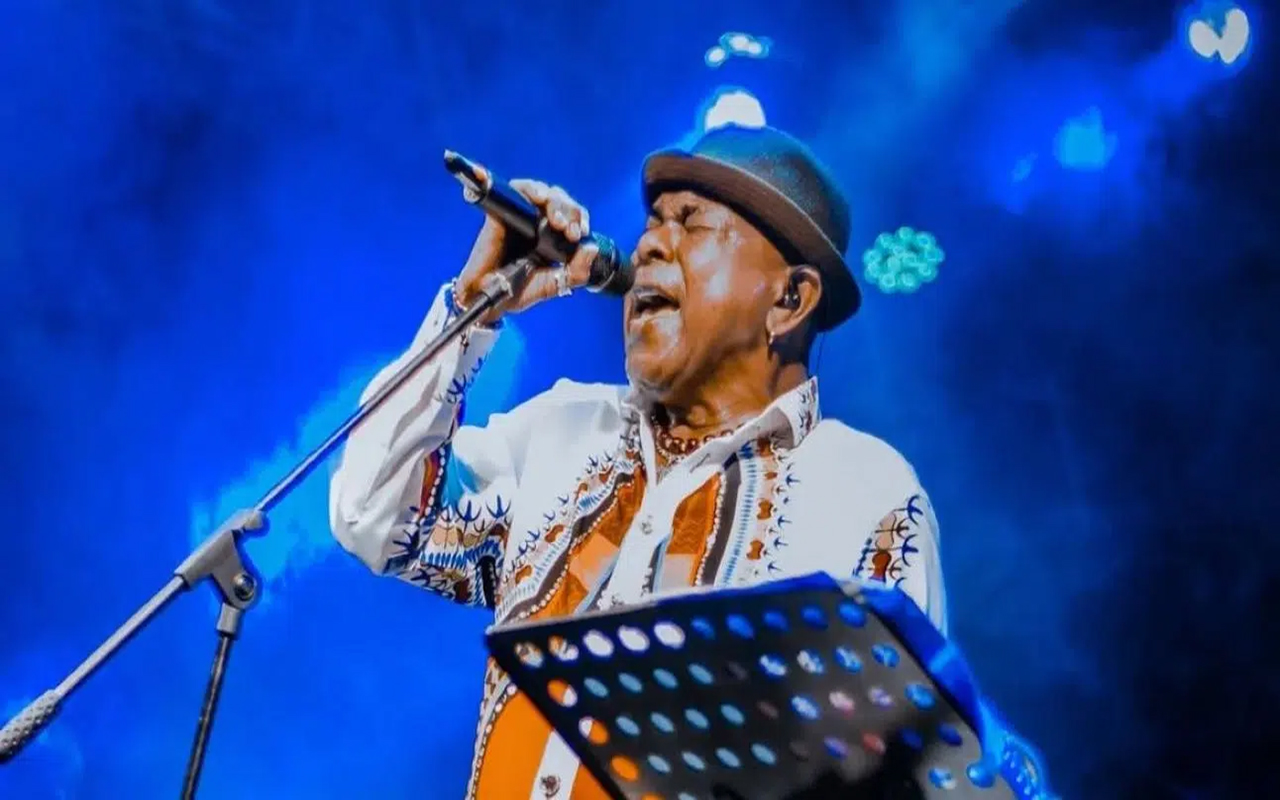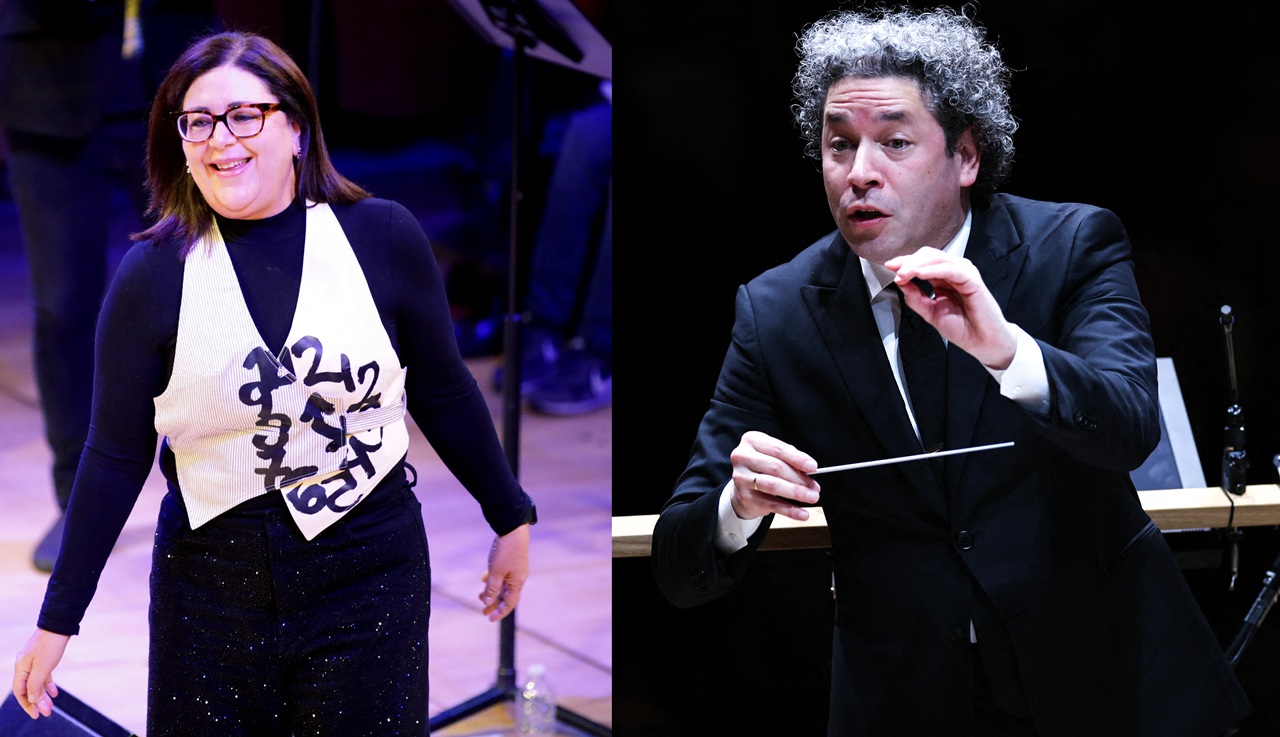
The innovative alternative music of Aterciopelados and Vetusta Morla
Our conversations with two artists from groups that have been making exciting, impactful music for more than two decades.
AL DÍA spoke with musicians from two alternative rock bands who have built a legacy in the music industry about their nominations in distinct categories for this year’s Latin Grammys, held on Nov. 15 in Las Vegas, NV.
Aterciopelados, made up of Andrea Echeverry and Héctor Buitrago, got their start in 1993 in Bogotá, Colombia. This creative duo has been internationally recognized for their beautiful lyrics, humanitarian messages, and ever more diverse an rhythms and musical arrangements. They were nominated, and won, for the Best Alternative Album for “Claroscura,” and were also nominated for Best Alternative Song for “Duo.”
Vetusta Morla, like Aterciopelados, has been playing innovative music together for over two decades. The Spanish group, with their distinct style and poetic lyrics, have received nominations in the categories of Best Alternative Album and Best Package Design for their album, “Mismo Sitio, Distinto Lugar,” and Best Alternative Song for “Consejo de Sabios.”
How do you feel about your Latin Grammy nominations?
We put a lot of effort [into this album] so that at the creative level, it would sound fresh, authentic, and at the technical level, we also worried a lot about the details - the album cover, the production. So we’re very happy that we’ve been nominated.
What does the title of the record, “Claroscura,” mean?
Well, “claroscura” [light and dark] is a play on words….From the beginning when we were beginning to write songs for the record, we already had that phrase around. When we had finished with the album, we realized the amount of different emotions that were present in the 12 songs, and we saw that the concept of claroscura fit perfectly. It’s a wordplay that simply means that we as human beings are very complex. We have lights, we have shadows, and those lights and those shadows co-exist within us.
You’ve been playing music together for 25 years. How do you maintain the band’s creativity and freshness?
I think one of the characteristics is to not stay in the point that we have reached with one record, right, or in a song. Rather, continuing to advance, to innovate, to try new things, being daring, to experiment. From song to song, we are always changing a lot. There are mixes with folklore, with cumbia, with champeta, with blues, with electronic music. ALl of that changes from one song to the next. That is one of the characteristics of Aterciopelados that I think gives us this novelty, this kind of renewal.
Has your audience changed over the years?
There are various generations that listen to Aterciopelados. There are still fans from the beginning, from the 90s, and there are others that are more connected with the music from 2000 up until now. There is also a new generation - the children of those first fans, that grew up listening to Aterciopelados because they’re parents were listening.
What motivates you to keep playing music and writing new songs?
Well, writing songs is a challenge no matter what. It’s a challenge to be able to keep finding a topic, go about finding an expressive rhythm, try different rhythms until you find something new, something fresh. I think that that which is called artistic creation is something that gives much joy, much satisfaction. And so for that reason it’s always there, latent: the desire to begin again to write another song, to return to the studio to try it out.

Congratulations for your three nominations for the Latin Grammys. What does this recognition mean for you?
We’re very happy and grateful. Because the truth is that we don’t make songs for prizes, we create songs in order to tell things and to be able to share them with our audience. But it’s true that prizes are special not only for us but for everyone who is a part of the project of Vetusta Morla.
RELATED CONTENT
You’ve said before that music is a way to ask questions and share them with others. What are some of the questions that you explore in “Mismo Sitio, Distinto Lugar”?
Perhaps the question that repeats the most is who are we, after so much time has passed, and where are those elements that make us continue believing in music and in ourselves.
Those questions repeat throughout the songs, in different ways. Sometimes in the form of family that is close to us, friends, the relation we have with our own creativity, and in what way in the end we realize that what motivates us is this, to make songs and to be able to learn together, and the ability to share ways to understand music in a rehearsal space.
In the song, “Consejo de Sabios,” it speaks about the “saints” that must fall. What is the meaning of this idea of “saints” in our society?
The saints in this song perhaps refer to everything that we consider sacred and that we many times doubt. In order to grow and in order to go further we need to place in doubt our dogmas, right, our faith. And it’s good in some ways to doubt everything all at once at some moment.
And does art play a role in this, in casting doubt on the dogmas of society?
Of course. I think that art has this obligation. We as musicians have the obligation to be honest and to doubt certain things.
How has the Spanish-language music scene changed since Vetusta Morla was founded?
The band is 20-years-old now. We have experienced the last two decades of musical evolution in Spain in a very intense way. I think that it has been two very rich decades in terms of the amount of waves we’ve seen.
I have the sense that there is more and more communication and more bridges with what is happening in Latin America. I think that what has changed is the proximity of Spain to Latin America. We feel part of a larger community which is the Latin American music community.











LEAVE A COMMENT: